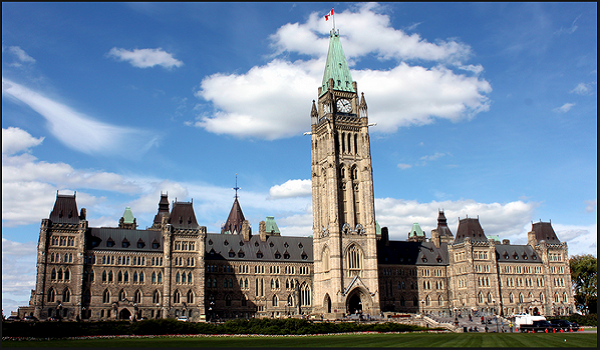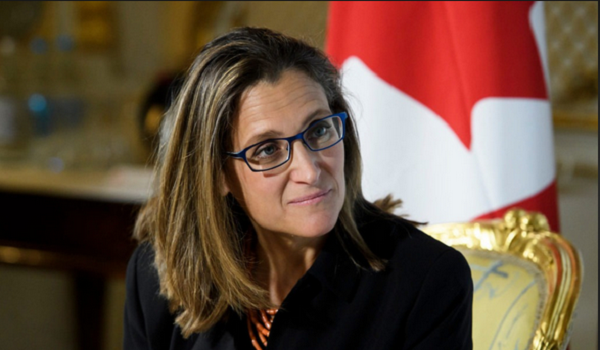Survey finds Canadians’ trust in federal and provincial government diminishing
A growing proportion of Canadians do not trust the federal or provincial governments to make decisions on health care, climate change, the economy and immigration, according to a new survey.
The survey of more than 6,000 people, conducted by the Confederation of Tomorrow, a group of public policy and socioeconomic research organizations, found that in all 10 provinces the proportion of respondents who answered “neither” when asked which of the two levels of government they trusted to make the right calls in these policy areas had increased markedly since 2019, when the group first began conducting similar research.
Andrew Parkin, the executive director of the Environics Institute for Survey Research, one of the partners in the confederation, noted that while trust in the federal government is declining, Canadians don’t seem to be redirecting that trust to the provinces. “What’s really interesting is that the provinces aren’t taking up any of that room,” he said.
The survey, conducted largely online between Jan. 13 and March 4, provides a window into the views of Canadians at a time when Prime Minister Justin Trudeau and provincial and territorial premiers are increasingly at odds over a wide range of policy issues, including carbon pricing, housing, and social programs, such as pharmacare and dental care.
The increase in the proportion of respondents who said they trusted neither level of government was the largest when it came to health care. In 2019, 15 per cent said they distrusted both their provincial government and Ottawa in this area of policy. In the latest survey, it was 28 per cent.
This is a reversal from the beginning of the pandemic, when according to Confederation of Tomorrow research a higher proportion of Canadians trusted their provincial governments over the federal government to manage health care systems. This proportion has declined from 34 per cent in 2021 to 28 per cent in 2024.
“Health care is sort of an ongoing journey,” Mr. Parkin said, adding that the varying levels of trust are owing in part to the way provincial and federal governments have dealt with the pandemic and an aging society. He noted that the proportion of respondents expressing equal trust in both governments remains high.
“More often than not, I think the citizens would prefer not to take sides and prefer to see the governments working together,” Mr. Parkin said.
When it comes to addressing climate change, trust in the federal and provincial governments’ decision-making is split equally between trust for both and trust for neither, with each category making up 28 per cent of respondents. The proportion of those who said they trusted neither level of government on climate change in 2019 was 19 per cent.
In the category of promoting economic growth and job creation, the proportion of respondents who said they trusted neither level of government was 23 per cent, up from 12 per cent in 2019. In managing immigration and refugee settlement, the proportion was 30 per cent, up from 20.
While a large proportion of respondents said they trust their provincial governments more than the federal government on health care and promoting economic growth and job creation, the survey shows that the federal government is more trusted on climate change and immigration.
Atlantic Canada had the largest growth in respondents saying they trust neither the federal nor provincial governments on decisions about health care, economic growth and immigration. In British Columbia, the proportion of those who said they don’t trust either government on climate change decisions rose 12 percentage points from 2019, to 32 per cent, the highest level of distrust of any province in this policy area.
This article was first reported by The Globe and Mail
















